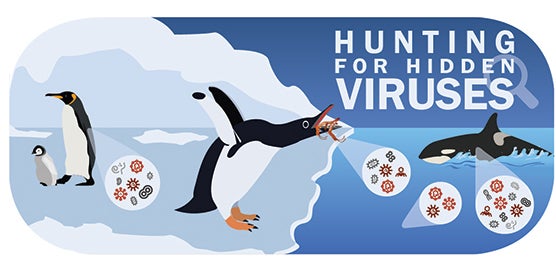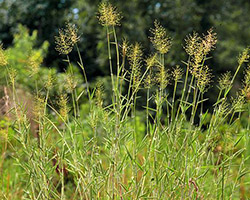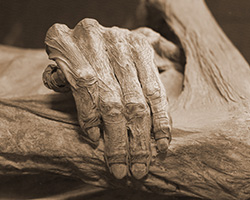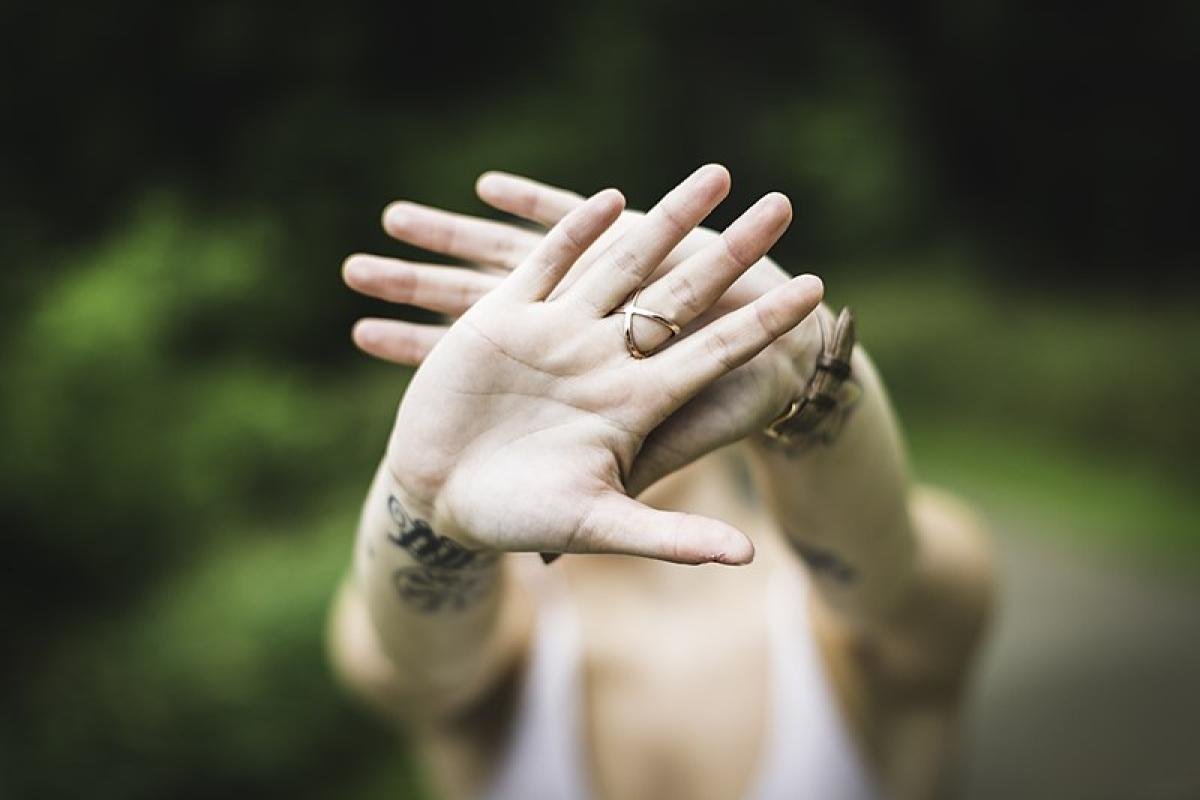
Illustrated by: Claire Murphy
Freezing winds race across the Ross Sea, where thick slabs of floating ice stretch on for miles. Adélie penguins huddle for warmth and dive for krill in the icy water, avoiding the Weddell seals lounging on a nearby ice floe. All the while, leopard seals and killer whales, the fiercest of the Antarctic predators, hunt the waters for their next meal. The cold has shielded this habitat from humans and their cities and pollution. Just a few travelers and scientists leave their footprints there today.

One year, out of nowhere, a new problem pops up in the penguin population. The little penguin chicks are losing feathers - a big problem in the freezing cold. The scientists start asking, “Are they sick with a virus?”
Where do new viruses come from, and how many different ones are lurking in ecosystems around the world? These are the kinds of questions that virologists like Arvind Varsani are called on to answer.
An Invisible Mystery
Varsani is one of the very few people in the world who studies viruses on a global scale. Viruses are the most abundant lifeform on earth. They’ve been around longer than plants, animals, or even bacteria. That makes them as important to ecosystems as birds, bugs, or trees. Many viruses don’t do much harm because organisms have evolved strong defenses against them. Some viruses are even helpful!

What’s surprising is that we don’t know much about these viruses. Just by sampling one ecosystem, thousands of new viruses can be discovered. Varsani and his research team use laboratory tools to pick out the virus’ unique DNA sequence. Then they can identify them and see what other viruses they are related to, where they came from, and how they work. He collects soil, water, plants, and animal samples, and a lot of poop. Poop from predators high on the food chain is packed with different kinds of viruses. It has viruses from the predator, viruses from the animals they ate, and viruses from the plants those animals ate. Varsani hopes he can use viruses to map food webs in ecosystems that are hard to study.
Viruses in a Warming World
Virologists like Varsani are also interested in how climate change will affect the spread of viruses. One big worry is that melting glaciers and permafrost will unfreeze viruses that have been trapped since the last ice age. Ice holding these viruses is melting into rivers, and could infect plants or animals that haven’t evolved a way to fight them off. A threat like this could hurt whole populations.

Climate change also makes it easier for viruses to move to new places. As the earth warms, some animals will move to new habitats. Moving animals will take their viruses with them. These viruses could infect plants and animals that have no defenses built up against them.
To learn more about viruses, Varsani also helps other scientists by looking for viruses in the samples they use for their own research. People are always giving him things to sample, like soil and earth, human brains, livers, scorpions, and tomato plants. As he is looking for viruses hiding out across the world’s ecosystem, he helps connect people. In a way, that makes him an important part of his scientific ecosystem too!
Hunting for Hidden Viruses was created in collaboration with The Biodesign Institute at ASU.
Additional images via Wikimedia Commons. Two hands covering face image by Drew Hays.
Read more about: Hunting for Hidden Viruses
Bibliographic details:
- Article: Hunting for Hidden Viruses
- Author(s): Ioulia Bespalova
- Publisher: Arizona State University School of Life Sciences Ask A Biologist
- Site name: ASU - Ask A Biologist
- Date published:
- Date accessed:
- Link: https://askabiologist.asu.edu/explore/hunting-viruses
APA Style
Ioulia Bespalova. (). Hunting for Hidden Viruses. ASU - Ask A Biologist. Retrieved from https://askabiologist.asu.edu/explore/hunting-viruses
Chicago Manual of Style
Ioulia Bespalova. "Hunting for Hidden Viruses". ASU - Ask A Biologist. . https://askabiologist.asu.edu/explore/hunting-viruses
Ioulia Bespalova. "Hunting for Hidden Viruses". ASU - Ask A Biologist. . ASU - Ask A Biologist, Web. https://askabiologist.asu.edu/explore/hunting-viruses
MLA 2017 Style

Be Part of
Ask A Biologist
By volunteering, or simply sending us feedback on the site. Scientists, teachers, writers, illustrators, and translators are all important to the program. If you are interested in helping with the website we have a Volunteers page to get the process started.


